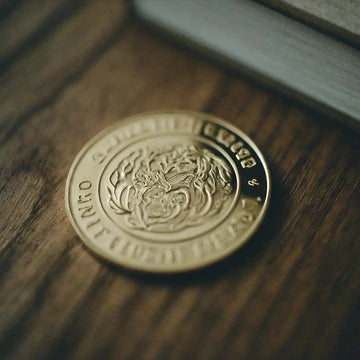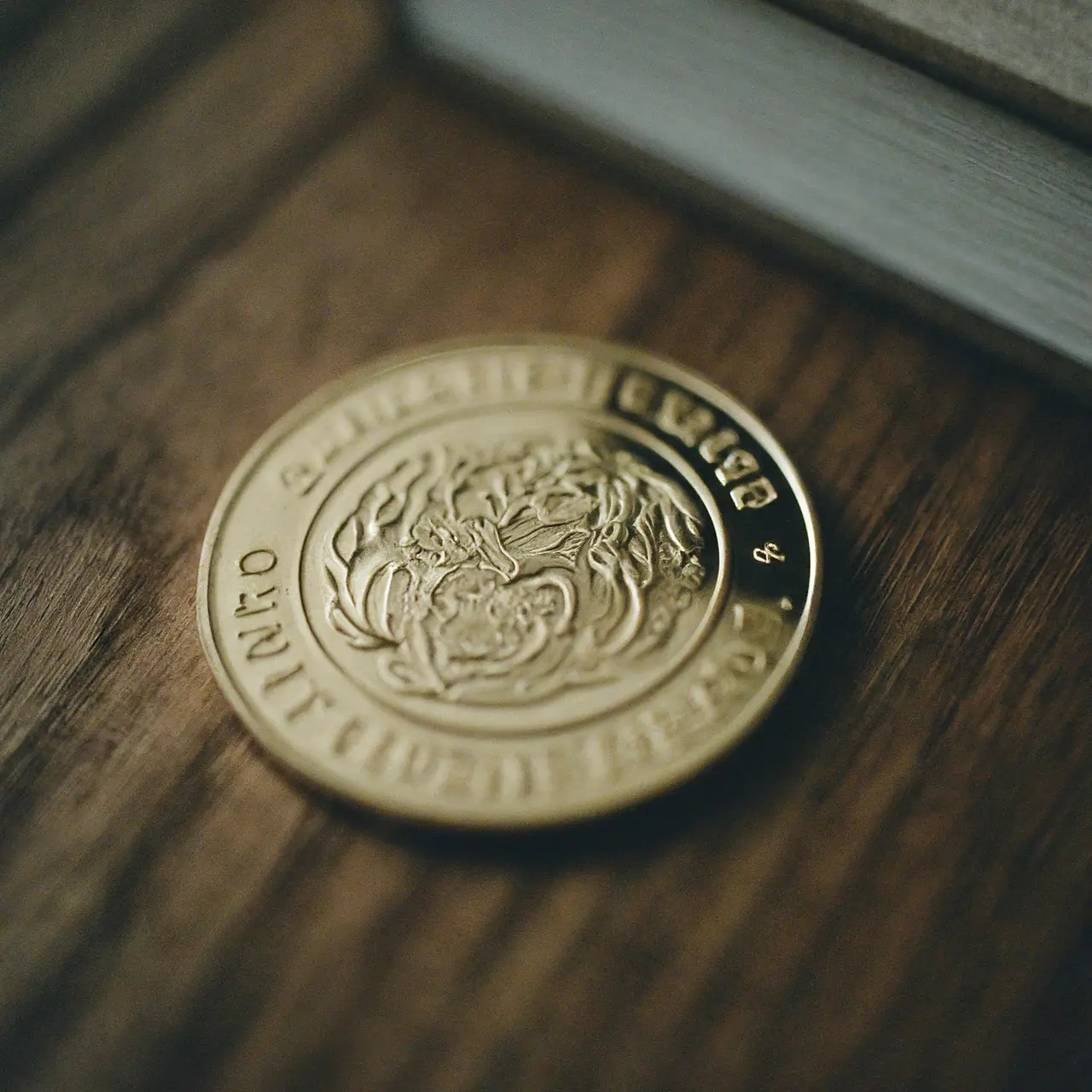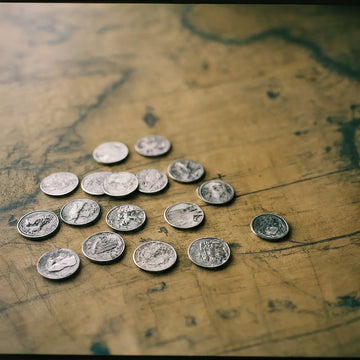Did you know that custom coins might just be the unexpected tax deduction your business has been overlooking? Let’s delve into the how and why, transforming what seems like just a novelty item into a smart financial move.
Understanding Custom Coins as Business Expenses
Custom coins have long been treasured for their ability to commemorate significant events, celebrate achievements, or even serve as unique business cards that leave a lasting impression. However, beyond their aesthetic and branding value, these coins can also be categorized as business expenses. Depending on their use within your company’s operations, custom coins can be written off, thus reducing your taxable income and eventually your tax liability. This makes them a potential double-win for businesses looking for cost-effective branding solutions.
For a custom coin to qualify as a deductible business expense, it must serve a clear business purpose. Whether it’s for marketing, employee recognition, or networking, the IRS requires that the expenditure be both ordinary (common and accepted in your field of business) and necessary (helpful and appropriate for your business).
Eligibility Criteria for Tax Deductions on Custom Coins
The IRS sets specific guidelines for what constitutes a deductible business expense. When considering custom coins, the connection to your business activities is crucial. Promotional items, including coins that carry your company logo or are distributed during promotional events, typically qualify under these IRS guidelines.
Calculating the Deductible Amount for Custom Coins
Calculating the deductible amount for custom coins involves keeping strict records of the cost associated with their design, production, and distribution. It’s essential to separate these costs from general promotional or advertising expenses to clearly support their classification as business expenses.
If custom coins are given as gifts to clients or employees, it’s important to note that the IRS imposes a limit on the deductible amount for gifts, which is currently set at $25 per person per year. However, if the coins are primarily for promotional purposes to a broader audience, this limit may not apply.
Documenting Your Custom Coin Expenses for Tax Purposes
Proper documentation goes beyond just saving receipts. It involves detailing the business purpose of each custom coin order, the beneficiaries (whether employees, clients, or business contacts), and how the coins are intended to support your business activities. This documentation becomes crucial in the event of an IRS query or audit.
Filing Your Tax Return with Custom Coin Deductions
When it’s time to file your tax return, custom coin expenses are typically reported as a part of your business’s overall advertising or promotional expenses. It is advisable to consult with a tax professional to ensure that these deductions are appropriately claimed and to maximize your potential tax benefits.
Common Mistakes to Avoid When Claiming Custom Coins as Tax Deductions
A common mistake is the failure to maintain detailed records for each custom coin purchase. Without clear documentation, substantiating the deductibility of these coins can become challenging. Additionally, overlooking the IRS gift limit or misclassifying the expense under the wrong category can result in missed opportunities for tax deductions or potential issues with tax authorities.
Wrapping Up: Custom Coins as a Smart Tax Strategy
In the realm of business, finding unique ways to save on taxes legally is crucial for financial health. Custom coins not only serve as a distinctive mark of recognition and branding but also as a savvy tax strategy under the right circumstances. From understanding the IRS guidelines to proper documentation, every step is a step towards tax efficiency. It’s about making every dollar count, and perhaps, your next smart business decision involves custom coins.






